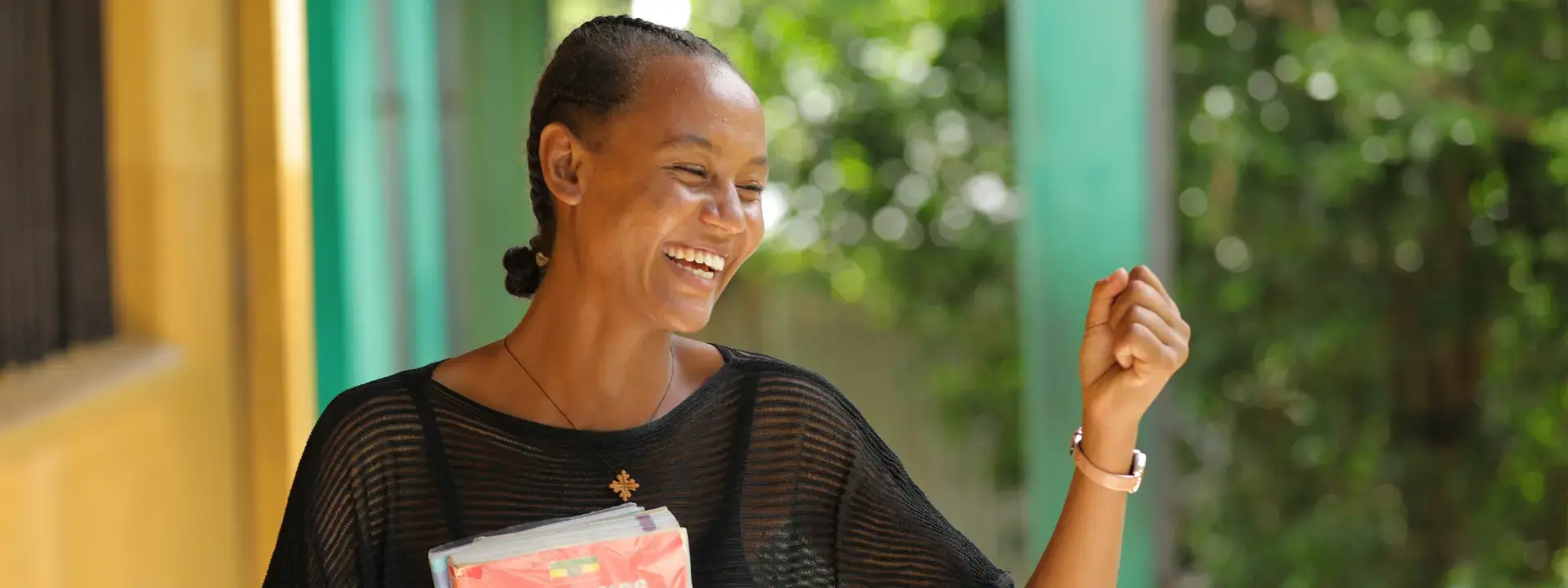About 69 percent of Ethiopians are younger than 30 years. HIV prevalence has dropped from 3.3 percent in 2000 to 0.9 percent in 2017; however, the prevalence among women aged 15-49 years is double that of men in the same age group.
To equip adolescents and youth, particularly those vulnerable, with skills and knowledge to make informed choices about their sexual and reproductive health and rights and to create an enabling environment for them to access sexual and reproductive health information and services in all settings, the programme supports:
• Implementation of life skills interventions for marginalized adolescents and young people
• Operationalization of out-of-school comprehensive sexuality education through youth-serving platforms
• Institutionalization of participation of young people in policy dialogue and programming
• Integration of the sexual and reproductive health and rights of youth
The support is aligned with strategies that aim at building the capacity of youth-serving institutions to ensure the provision of youth-friendly sexual and reproductive health and rights services at all levels.
In addition, UNFPA builds coordination, evidence generation, and partnership with media for advocacy.
UNFPA leads the prevention component of the UN Joint Programme on HIV/AIDS contributing to the efforts of the Government to prevent and mitigate the spread of HIV with a special focus on vulnerable sections of the population such as adolescent girls. UNFPA seeks to realize the 90-90-90 target and the global goal of eliminating HIV/AIDS by 2030.


